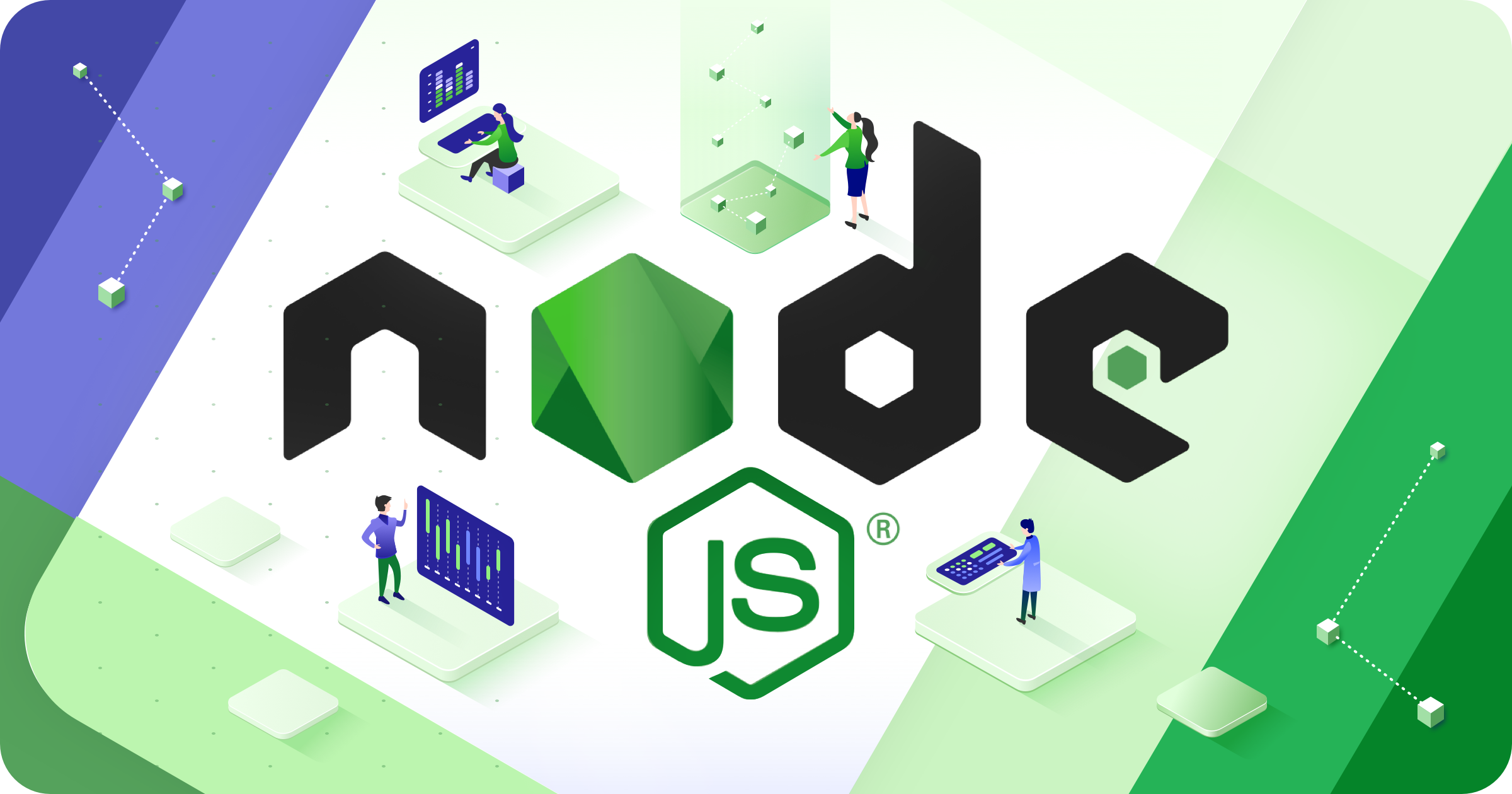As technology continues to evolve, machine learning and artificial intelligence are becoming increasingly popular in various industries. Node.js, a popular server-side JavaScript framework, can be used for building robust and scalable applications that leverage machine learning and AI capabilities. In this blog post, we’ll explore the different use cases for using Node.js for machine learning and AI applications and provide examples to demonstrate their benefits.
Introduction: As technology advances, the integration of machine learning and artificial intelligence (AI) is gaining momentum across various industries. Node.js, a highly popular server-side JavaScript framework, offers a robust foundation for developing scalable applications that harness the potential of machine learning and AI. In this comprehensive article, we will delve into the diverse use cases of Node.js for machine learning and AI applications, accompanied by real-world examples that demonstrate the remarkable benefits.
- Building Intelligent Chatbots: Revolutionize customer service and support with Node.js-powered chatbots that understand natural language and deliver relevant responses. By leveraging machine learning libraries such as TensorFlow.js or Brain.js, chatbots can be trained to comprehend and address a wide range of user queries. Example: Imagine a travel company employing a Node.js chatbot that provides real-time flight information, assists with hotel reservations, and offers personalized travel recommendations.
- Sentiment Analysis for Customer Feedback: Leverage Node.js to construct sentiment analysis tools that evaluate customer feedback and extract insights on overall sentiment towards products or services. Machine learning libraries like Natural Language Toolkit (NLTK) or Sentiment enable accurate sentiment analysis. Example: A retail company could employ a sentiment analysis tool built with Node.js to gain valuable insights into customer sentiment, analyzing reviews and feedback to enhance their offerings and improve customer satisfaction.
- Effective Fraud Detection: Combat fraudulent activities by utilizing Node.js to construct sophisticated fraud detection systems. These systems leverage machine learning libraries like TensorFlow.js or Weka to analyze transaction data, identify patterns, and detect anomalies indicative of fraudulent behavior. Example: A financial institution employing a Node.js-based fraud detection system can proactively identify and prevent fraudulent transactions, safeguarding themselves and their customers from substantial financial losses.
- Image Recognition Capabilities: Harness the power of machine learning and Node.js to develop image recognition tools that accurately analyze and identify objects within images or videos. By utilizing libraries like TensorFlow.js or OpenCV, businesses can automate image tagging and improve user experience. Example: An e-commerce company can employ an image recognition tool built with Node.js to automatically identify and tag products within images, streamlining the browsing and purchasing process for customers.
- Personalized Recommendation Engines: Node.js empowers the creation of recommendation engines, delivering tailored suggestions to users based on their preferences and behavior. By employing machine learning libraries like Apache Mahout or TensorFlow.js, these engines provide personalized recommendations for products or content. Example: A streaming service can leverage a Node.js recommendation engine to offer personalized movie or TV show recommendations, enhancing user engagement and satisfaction based on their viewing history.
- Natural Language Processing for Text Analysis: Utilize Node.js to develop powerful natural language processing (NLP) tools that analyze and comprehend text data, such as customer feedback or social media posts. Machine learning libraries like Natural Language Toolkit (NLTK) or spaCy enable accurate understanding of human language. Example: A healthcare provider can employ an NLP tool built with Node.js to analyze patient feedback, extract common issues, and identify areas for improvement, ultimately enhancing patient satisfaction and healthcare outcomes.
- Unleashing Predictive Analytics: Node.js facilitates the construction of predictive analytics tools that forecast future outcomes based on historical data. By leveraging machine learning libraries like TensorFlow.js or scikit-learn, businesses gain valuable insights into future trends and events. Example: A retailer can employ a predictive analytics tool built with Node.js to forecast product demand, optimizing inventory management and minimizing stockouts, thus enhancing operational efficiency.
Node.js stands as an exceptional framework for developing robust and scalable applications that harness the power of machine learning and AI. The highlighted use cases and accompanying examples merely scratch the surface of the limitless possibilities for utilizing Node.js in machine learning andAI applications. As machine learning and AI continue to evolve and shape industries, Node.js will undoubtedly play a pivotal role in building the applications of the future.
With Node.js, businesses can unlock the potential of machine learning and AI to automate processes, enhance customer experiences, make data-driven decisions, and stay ahead in a competitive landscape. Its versatility, scalability, and extensive ecosystem of libraries make it an ideal choice for developing advanced applications that require the integration of machine learning algorithms.
Moreover, Node.js’s event-driven, non-blocking architecture allows for efficient handling of concurrent requests, making it well-suited for real-time applications that require quick responses and high performance.
As the demand for intelligent systems grows across industries such as e-commerce, finance, healthcare, and more, Node.js provides developers with a reliable and efficient platform to build cutting-edge solutions. By harnessing the power of machine learning and AI, businesses can gain valuable insights, automate complex tasks, and deliver personalized experiences to their customers.
In conclusion, Node.js is not only a powerful server-side JavaScript framework but also an enabler for the integration of machine learning and AI capabilities. By exploring the diverse use cases and examples mentioned in this article, businesses can embrace the potential of Node.js to transform their operations, innovate their services, and stay at the forefront of technological advancements. As the field of AI continues to evolve, Node.js will remain a crucial tool in the arsenal of developers seeking to build intelligent, scalable, and efficient applications.

